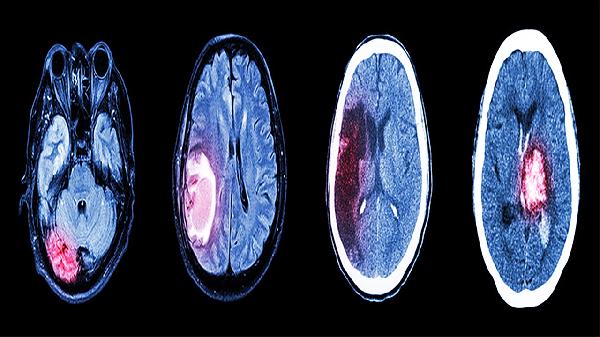It's Friday morning, and you're sitting across from your new therapist, trying to convince her—and maybe yourself—that you're totally fine after your decade-long relationship imploded. You've got the breakup playbook down: self-help books stacked on your nightstand, a freshly optimized living space, and a jam-packed schedule to prove you're handling everything like a champ. But here's the thing—sometimes, "doing" isn't healing. It's just another way to outrun the discomfort. If this sounds familiar, you're not alone. Many of us default to productivity as a coping mechanism, mistaking motion for progress. The good news? There are healthier ways to balance action with actual emotional processing.
The Science Behind the "Doing" Reflex
Our brains are wired to seek control, especially when life feels chaotic. After a major loss or upheaval, diving into tasks gives us a temporary sense of mastery. Biologically, this ties back to the fight-or-flight response—your body’s ancient survival toolkit. When faced with emotional threats (like heartbreak or job loss), your system can’t always distinguish between a tiger attack and a breakup text. So, it kicks into high gear, flooding you with adrenaline and cortisol. That’s why you suddenly feel compelled to reorganize your entire apartment or launch a side hustle at 2 AM. Your nervous system is screaming, "Do something!" even if what you really need is to pause.
When Productivity Becomes a Problem
There’s nothing wrong with channeling energy into projects—until it becomes your only way to cope. Over-reliance on "doing" can backfire in sneaky ways. First, it often leads to emotional bypassing, where you suppress feelings under layers of busyness. Unprocessed grief, anger, or anxiety don’t just vanish; they resurface as insomnia, tension headaches, or sudden outbursts over trivial things (why is the Wi-Fi so slow today?!). Second, chronic doing flips your stress response into overdrive, leaving you exhausted but wired. You might crash into unhealthy "off switches" like binge-watching or doomscrolling, which don’t actually recharge you. The result? A gnawing cycle of burnout.
Rewiring Your Rest Response
Slowing down might feel terrifying if you’re used to hustling through hard times. Start small. Instead of meditation (which can feel like torture for action-oriented folks), try "moving mindfulness." Fold laundry while noticing the texture of the fabric, or chop vegetables without a podcast blaring in the background. The goal isn’t to empty your mind but to create space for emotions to surface without immediately "fixing" them. Another trick: Schedule 10-minute "emotion check-ins." Set a timer, grab a journal, and ask, "What’s here right now?" No analysis required—just observation. If your brain rebels, redirect it gently: "We’re not problem-solving; we’re just noticing."
Boundaries: The Doer’s Secret Weapon
Doers often struggle with saying no, fearing they’ll disappoint others or lose their identity as the "reliable one." But boundaries aren’t selfish—they’re sustainability tools. Try the 10% rule: Cut one minor commitment this week (e.g., skipping a non-essential meeting or delegating a household chore). Use scripts like, "I’m maxed out this month, but I’d love to help next time." Remember, every "no" creates room for deeper recovery. And if guilt creeps in, ask: "Would I judge a friend for setting this limit?" Spoiler: You wouldn’t.
Turning Action Into Allyship
Your drive isn’t the enemy—it’s a strength waiting to be harnessed. Pair your natural momentum with intentional self-care. After a productive morning, reward yourself with a 20-minute walk (no podcasts allowed). Use your planning skills to block "recovery time" in your calendar, treating it like a VIP appointment. And when emotions hit mid-task? Pause. Breathe. Ask: "Is this urgency real, or am I avoiding discomfort?" Sometimes, the bravest action is stillness.
Being a doer doesn’t mean you’re broken—it means you’re resilient. But true resilience isn’t just about pushing forward; it’s about knowing when to shift gears. By weaving rest, reflection, and boundaries into your rhythm, you’ll find that balance isn’t the opposite of productivity—it’s what makes it sustainable. So next time someone asks how you’re doing, maybe skip the "fine." Try "figuring it out" instead. Progress, not perfection.
























